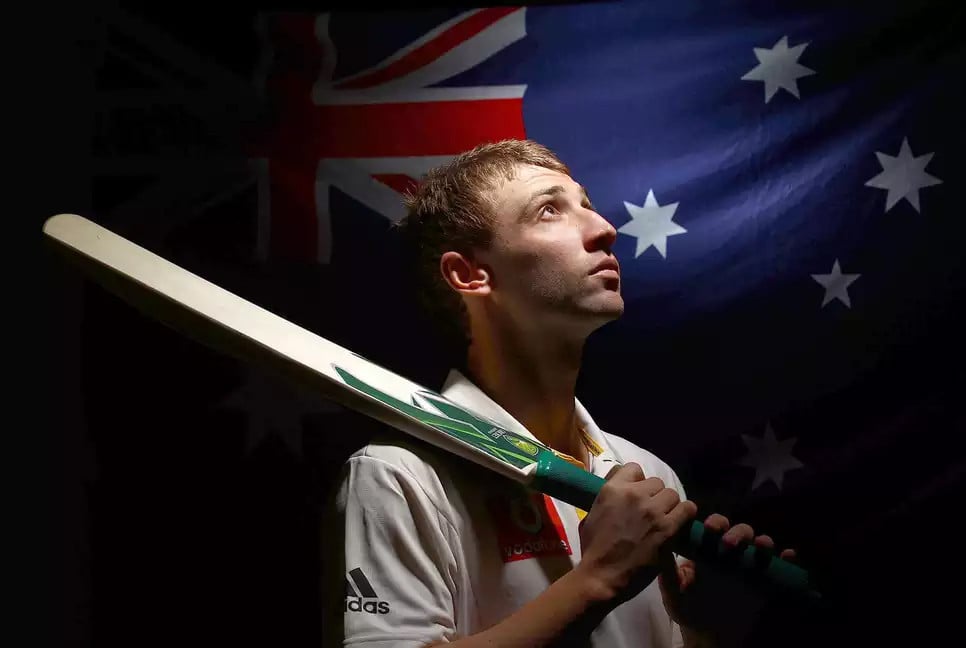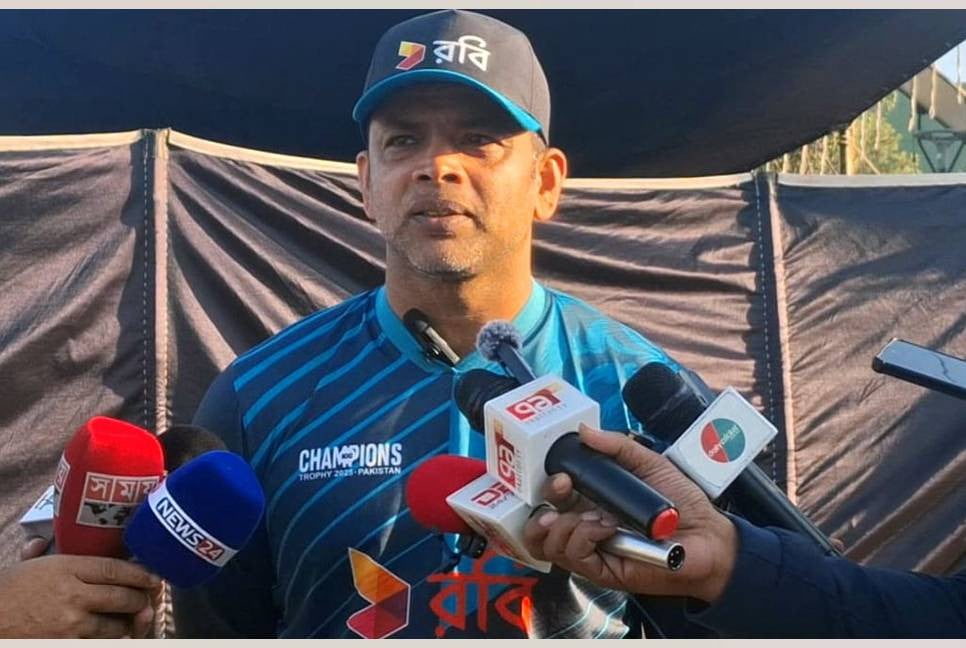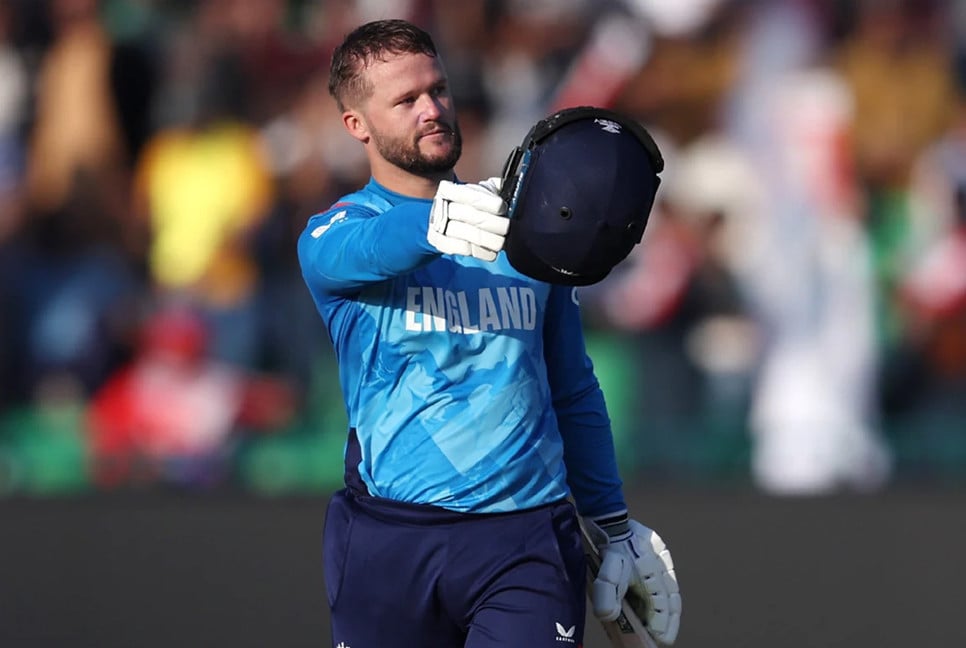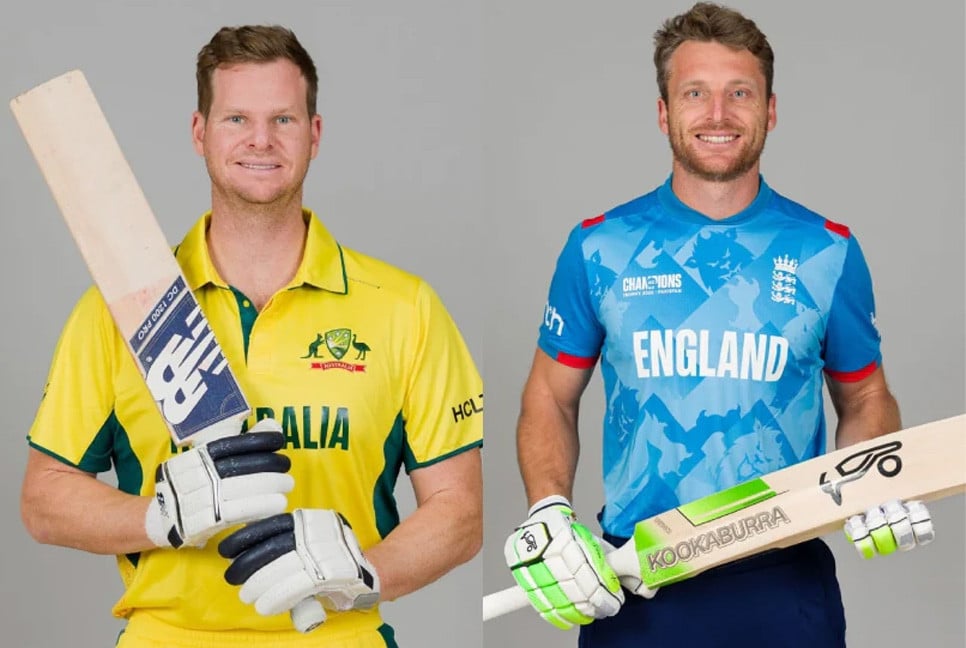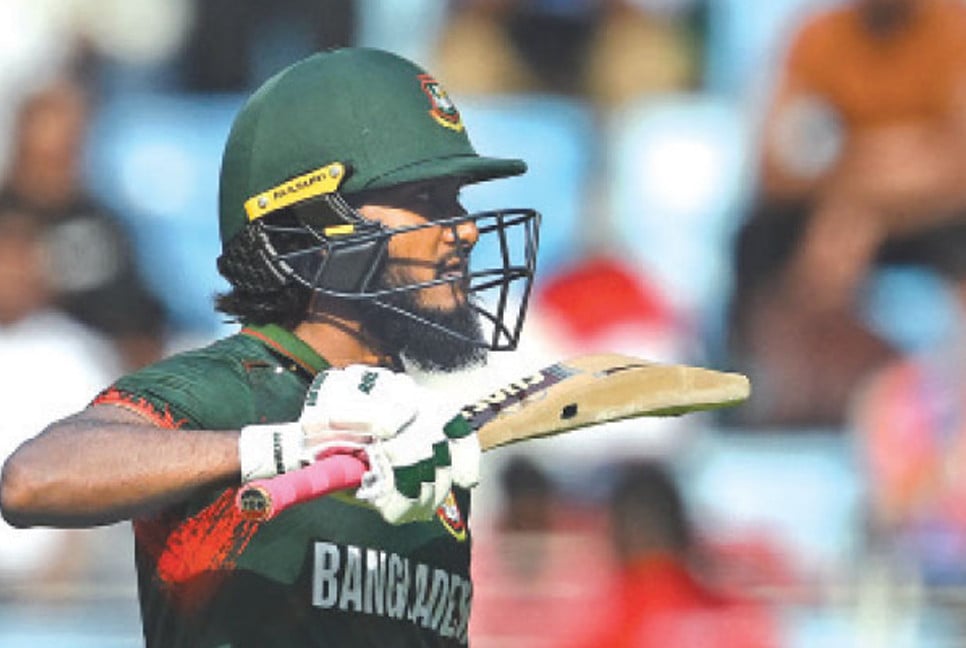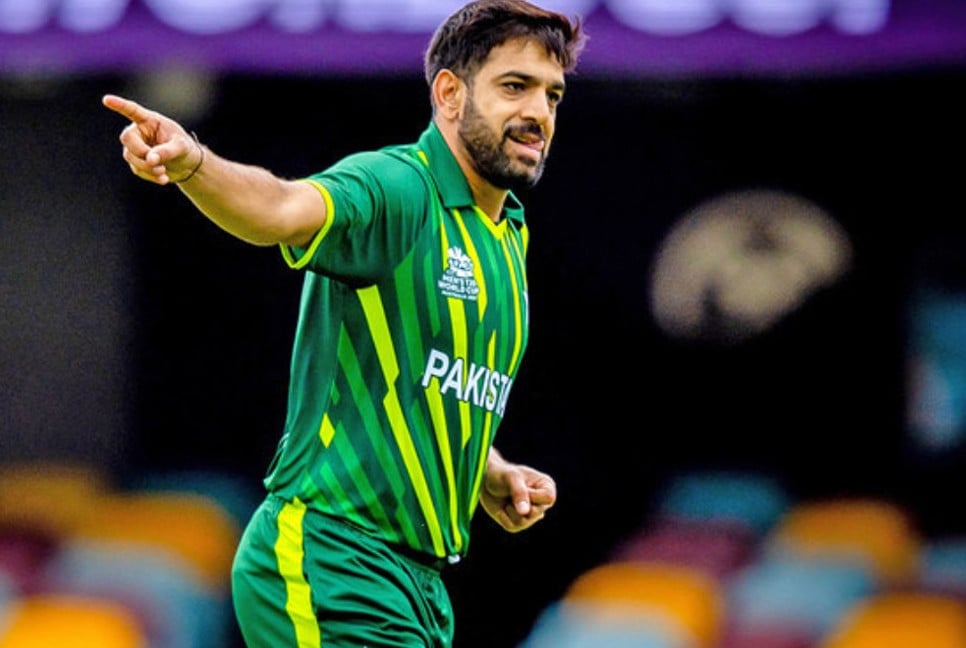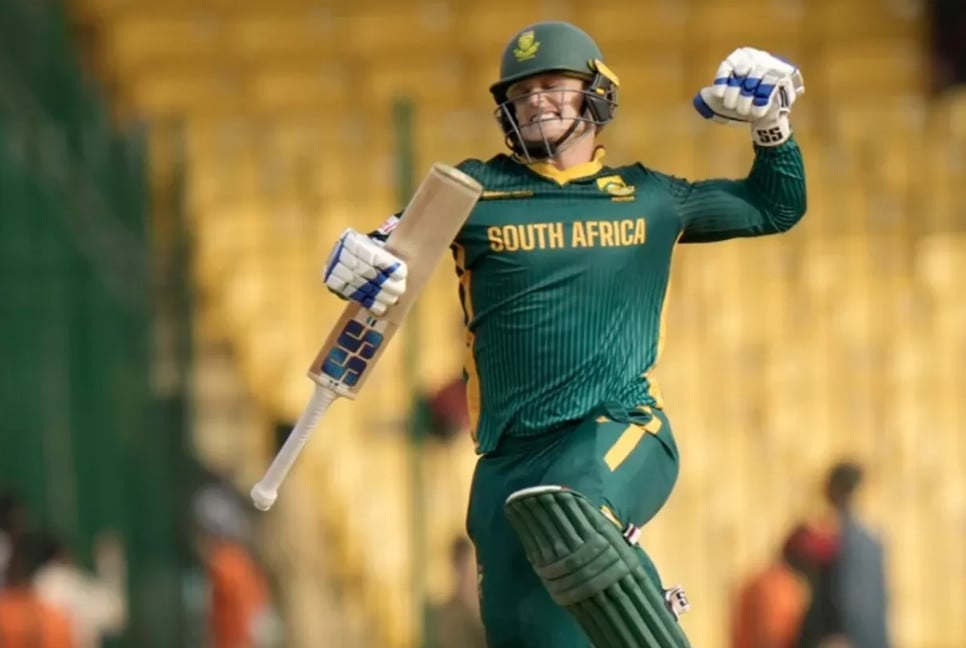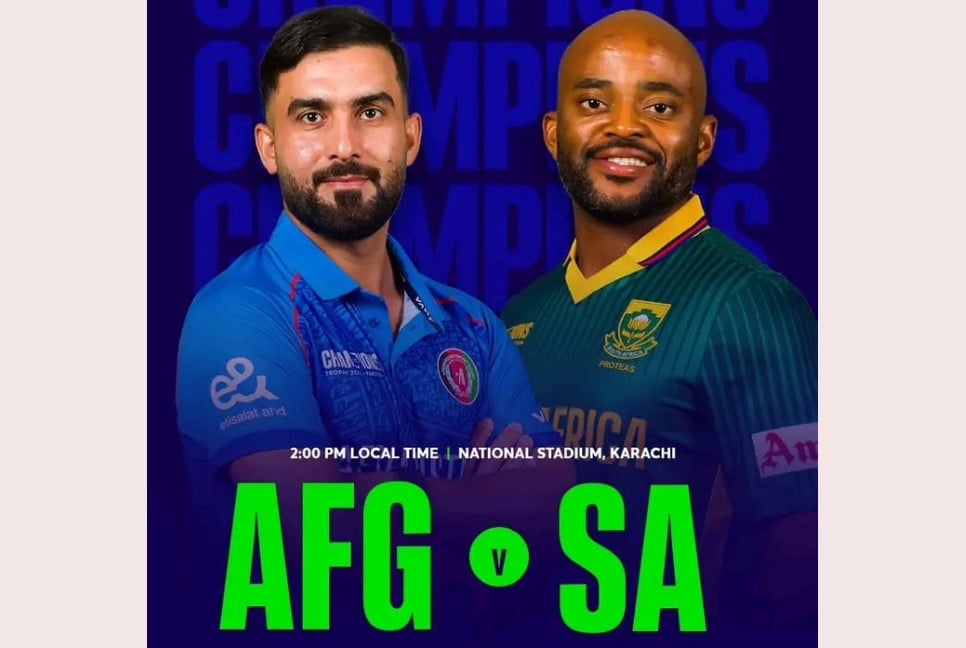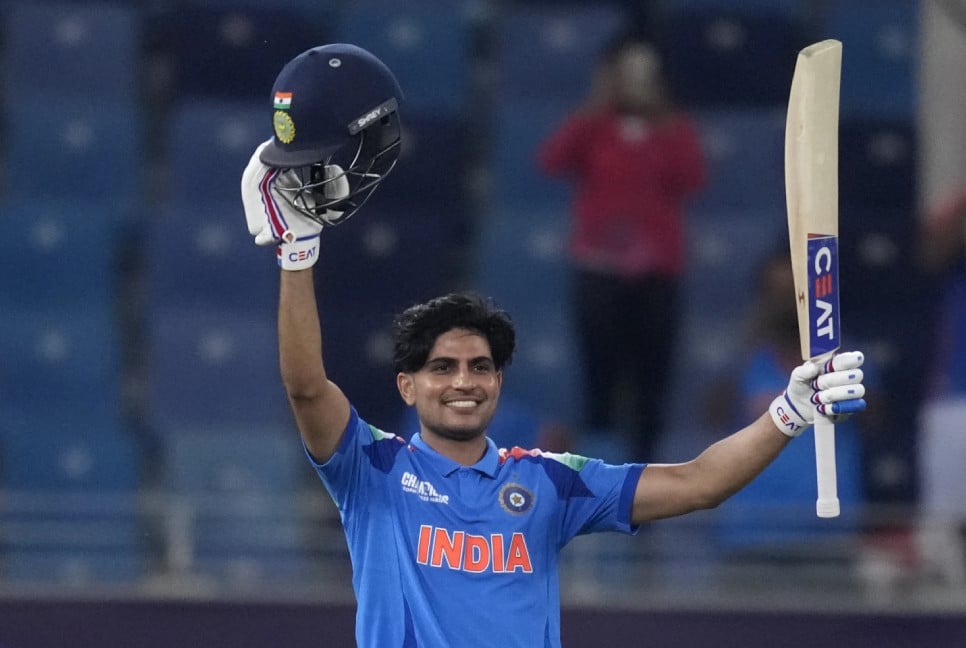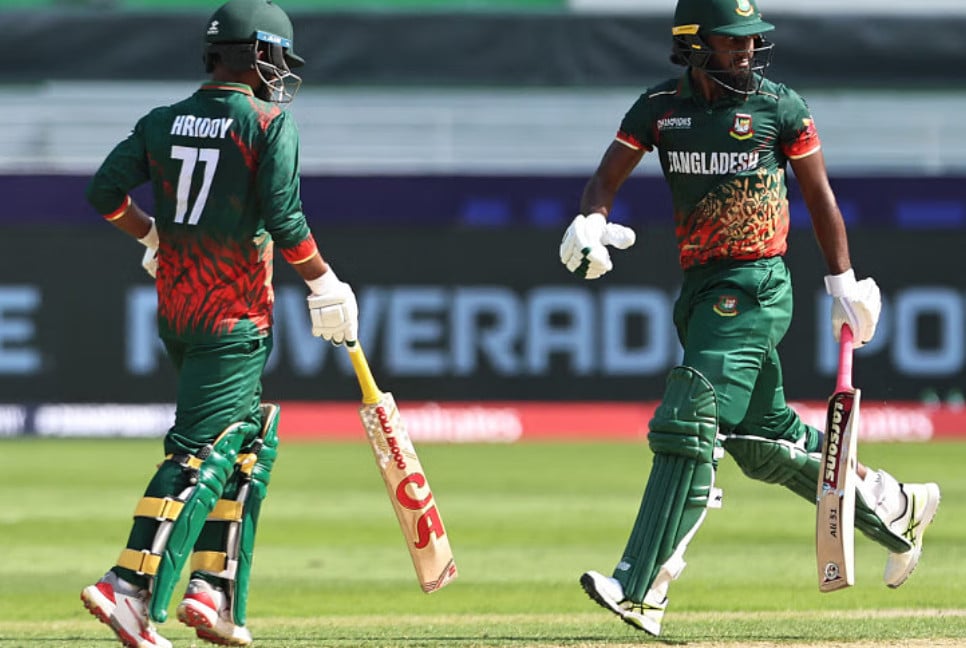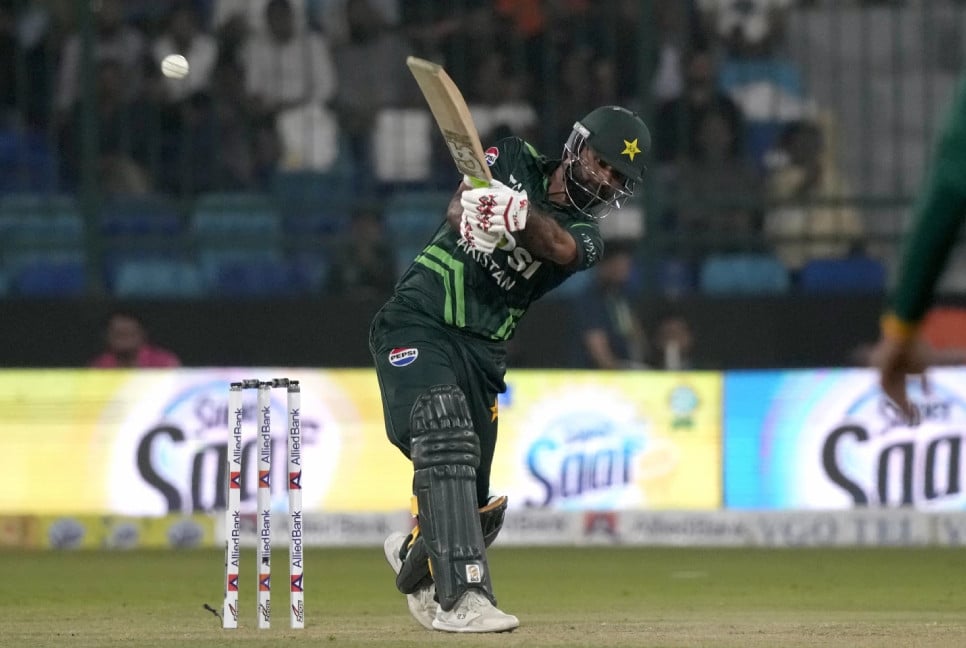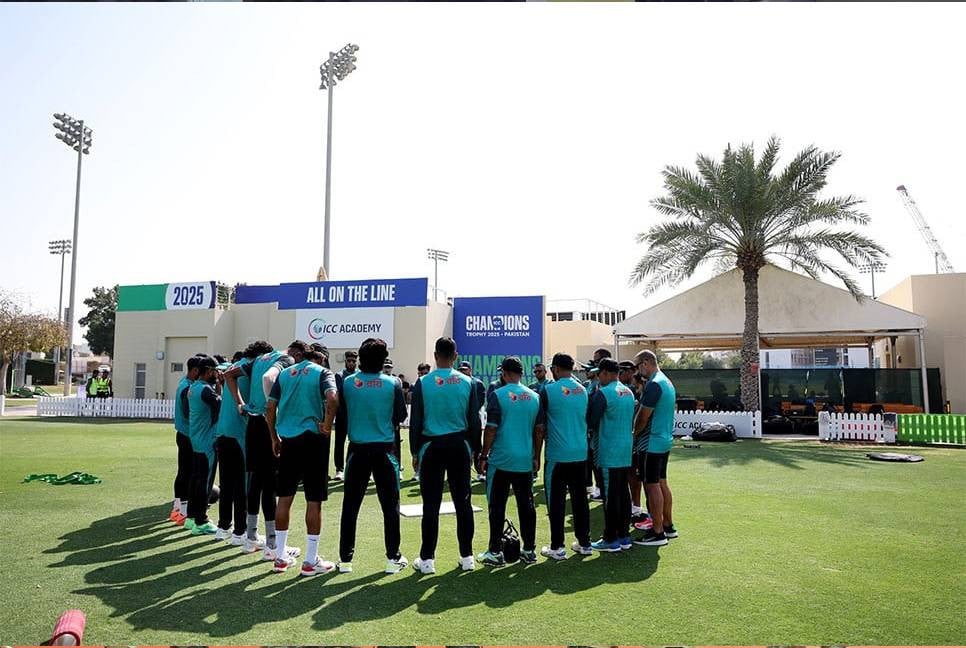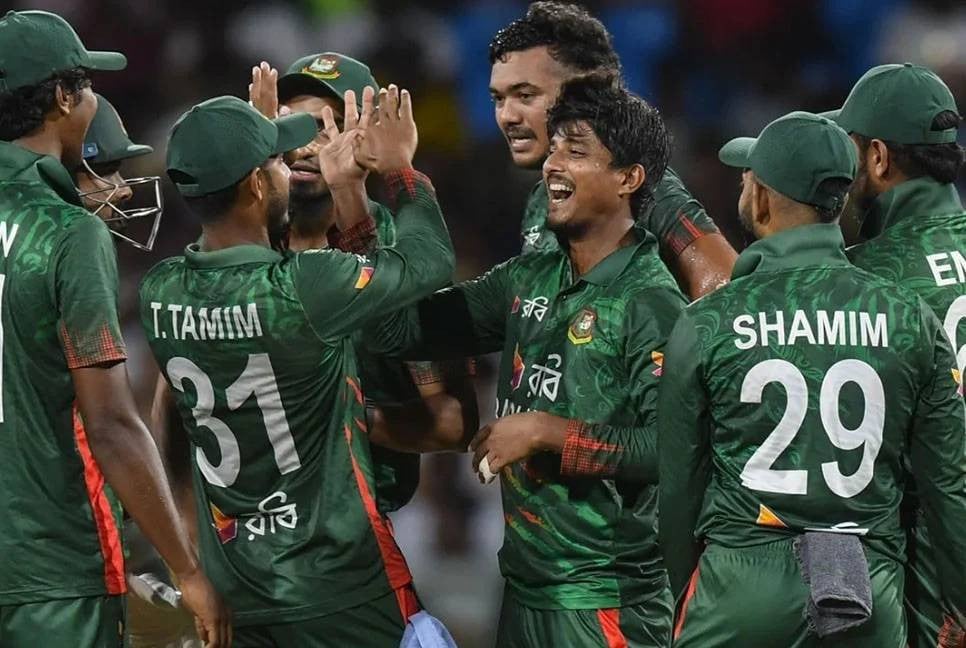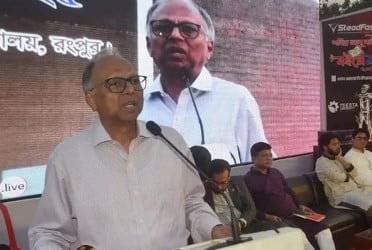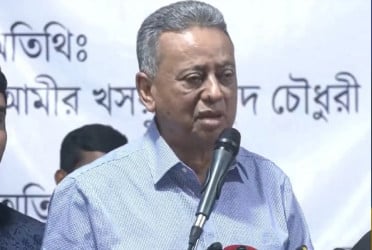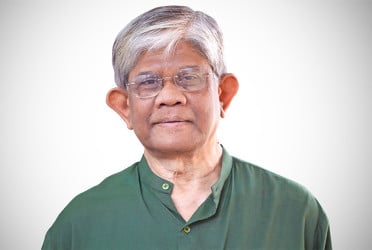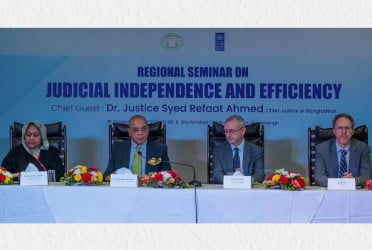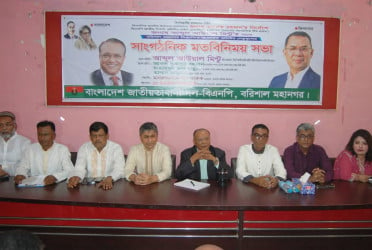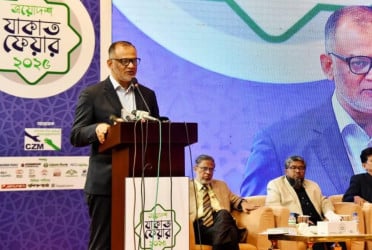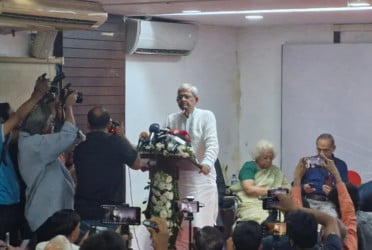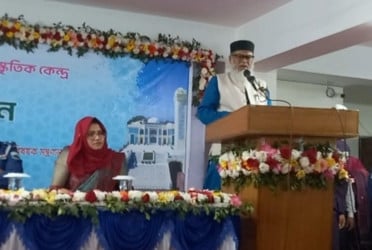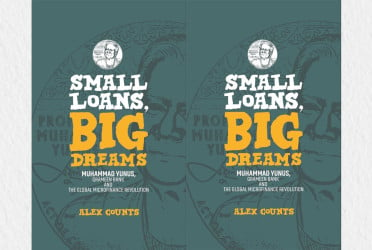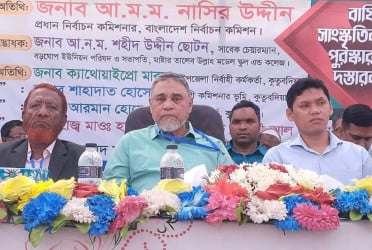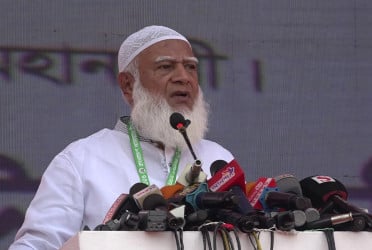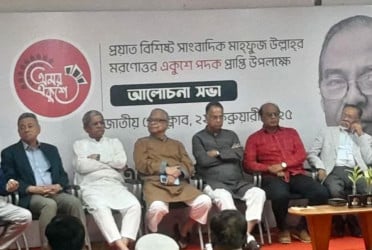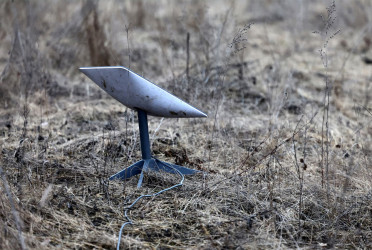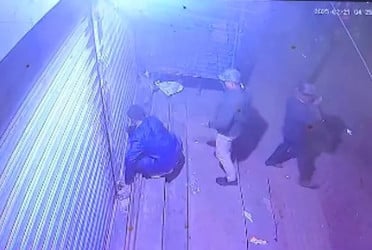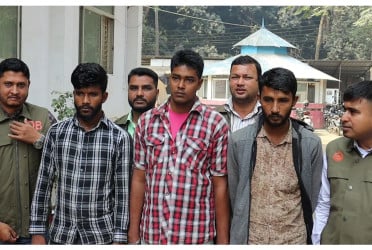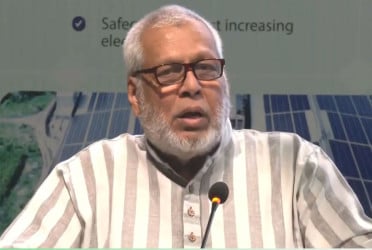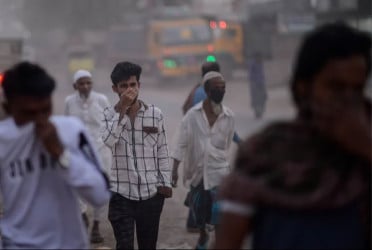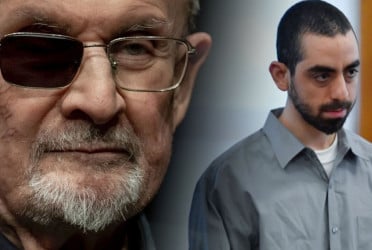One didn't have to be Australian to feel the pain. One didn't have to be Australian to feel the loss. One didn't have to be Australian to feel bereaved.
It felt personal regardless of who you were or where you came from. It didn't matter if you'd known him or hadn't. Cricket fan or no cricket fan.
When Phillip Hughes passed away on this day 10 years ago, we all lost a part of us with him. Cricket lost its innocence, probably forever, reports Cricbuzz.
A young man walked out on a cricket field to do what he loved most. He never returned. A young man who went to work and never came back. A young man who seemed to have the whole world in his hands, only to have it all snatched away in the most brutal of fashions. A young man who seemed destined for the brightest of futures, only for his life to be cut short in the prime of his youth. A young man who stole hearts everywhere he went and left leaving an entire nation heartbroken.
And it's taken those close to him all of those 10 years to come to grips with what they lost on that fateful afternoon at the Sydney Cricket Ground (SCG). Most are yet to get over it. Some will never be able to get over it.
But the impact of Hughes' passing is still being felt everywhere, and in places far away from his sleepy hometown of Macksville in country New South Wales. Of course, not to the extent of the grief that his family have had to deal with for a decade now. In some ways, the game of cricket has not felt the same pretty much from the moment that the affable Australian batter was struck by the bouncer.
It's like cricket finally got its priorities right. A big loss in a match or someone getting out run-out at the non-striker's end was no longer a 'disaster' or a 'tragedy'. Losing Phil was a real tragedy.
It was a human tragedy that we could all relate with. It felt close to home. Like it was your brother or son or close friend who'd passed.
That was definitely the overriding sentiment around Australia around this time back in 2014. The Indian cricket team had landed in the country for their long tour the day after Hughes had been hit, and by that time, the newspapers were filled with headlines and messages of grave concern about the young left-hander's chances of survival. Only for his death to be confirmed a couple of days later. Though the worst had been feared, the country came to a stop at once as the news broke out, as everyone in the country held their own loved ones as close to themselves as possible. Everywhere you looked, you were met with a sense of numbness, as Australia tried its best to somehow shake it off and move on. Or try to anyway.
Australia's mood went very quickly from shellshock to extreme sorrow to the eagerness to memorialise and celebrate the young life that had been lost.
Shrines sprung up everywhere, from local cricket grounds to international stadiums to schools to even suburban homes. Cricket bats were placed by the door as a show of respect, with some even pairing it with soft toys of Angus cows, Hughes' true love according to teammates and friends alike. You could barely go a few meters without another reminder of just how much Phil Hughes was loved and how deeply his loss was being mourned.
The first Test was the last thing on anyone's mind. But those who knew Hughes the best within the Australian dressing-room were aware that the ebullient boy they referred to as their "little mate" would have wanted them to play on. To do what he couldn't anymore, don the Baggy Green and win Test matches for his country. It also felt like the only way Australia would be able to get going again was if cricket was back.
So they did, through tears and unimaginable anguish, whether it was David Warner breaking down in the nets on Park 25 during Australia's public practice session or Mitchell Johnson standing at fine-leg with his hand over his eyes after striking Virat Kohli on the helmet with a bouncer. Michael Clarke would play one of his greatest knocks to complement equally emotional centuries from Warner and Steve Smith. Virat Kohli, who'd known Hughes and been a mate since their junior cricket days, would produce his own masterclass before Nathan Lyon would spin Australia to victory on one of the most dramatic final days in Test history, with the entire team involuntarily ending up right on top of the part of the Adelaide Oval with Hughes' Test number "408" etched on the outfield. By then, the hostilities too had resumed between India and Australia on the field, as per norm, with players getting in each other's faces and passions boiling over.
If anything, they'd realised even if it might not have felt that way in the moment, that the best way to deal with the deep sorrow of having lost their "little mate", and move on from it, was to play the sport he so loved in the fashion he loved playing it in.
A decade on, it's also probably the best way to remember and celebrate Phil Hughes and what he meant to you, by getting back out there on the cricket ground, and playing like he would have. With a big smile on your face, with gay abandon, with unbridled energy and leave everything you have on the field.
Bd-pratidin English/Tanvir Raihan

